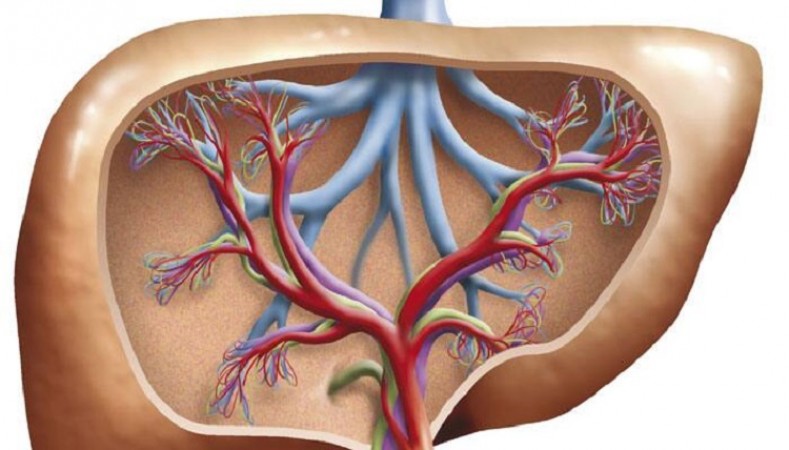
A new study from the University of Missouri School of Medicine reveals that the main cause of chronic liver disease and the development of non-alcoholic fatty liver disease are both linked to Western diets heavy in fat and sugar.
The study, which was carried out at MU's Roy Blunt NextGen Precision Health Building, advanced our understanding of the gut-liver axis and, as a result, the development of dietary and microbial interventions for this global health threat. It identified the western diet-induced microbial and metabolic contributors to liver disease.
"We're just starting to grasp how food and gut microbiota interact to produce compounds that contribute to the development of liver disease," said Guangfu Li, PhD, DVM, associate professor in the departments of surgery and molecular microbiology and immunology and co-principal investigator. "Yet, until recently, it was unclear whether specific bacteria and metabolites were involved, let alone the underlying mechanisms. The how and why are being revealed by this study."
Through the portal vein, the gut and liver are anatomically and functionally closely related. Bad diets alter the gut microbiota, which causes the liver to be affected by pathogenic agents. The research team found that mice that were fed diets high in fat and sugar produced the gut bacteria Blautia producta and a lipid that linked to liver inflammation and fibrosis. As a result, the mice began to exhibit symptoms of fatty liver disease, sometimes known as non-alcoholic steatohepatitis.
One of the principal investigators, professor of surgery Kevin Staveley-O'Carroll, MD, PhD, said: "Fatty liver disease is a global health problem. "Not only is it increasingly the main contributor to cirrhosis and liver cancer, but many of the people I see for other cancers also have fatty liver disease without even realising it. Frequently, this prevents individuals from having possibly curative surgery for their other tumours."
In this investigation, the researchers explored administering an antibiotic cocktail by drinking water to the mice. They discovered that the antibiotic therapy decreased lipid buildup and liver lipid accumulation, which led to a decline in fatty liver disease. These findings imply that changes in the gut microbiota brought on by antibiotics can reduce inflammatory reactions and liver fibrosis.
India's first death from H3N2 virus reported in Karnataka
Study finds, Common cold gives kids immunity against Covid-19